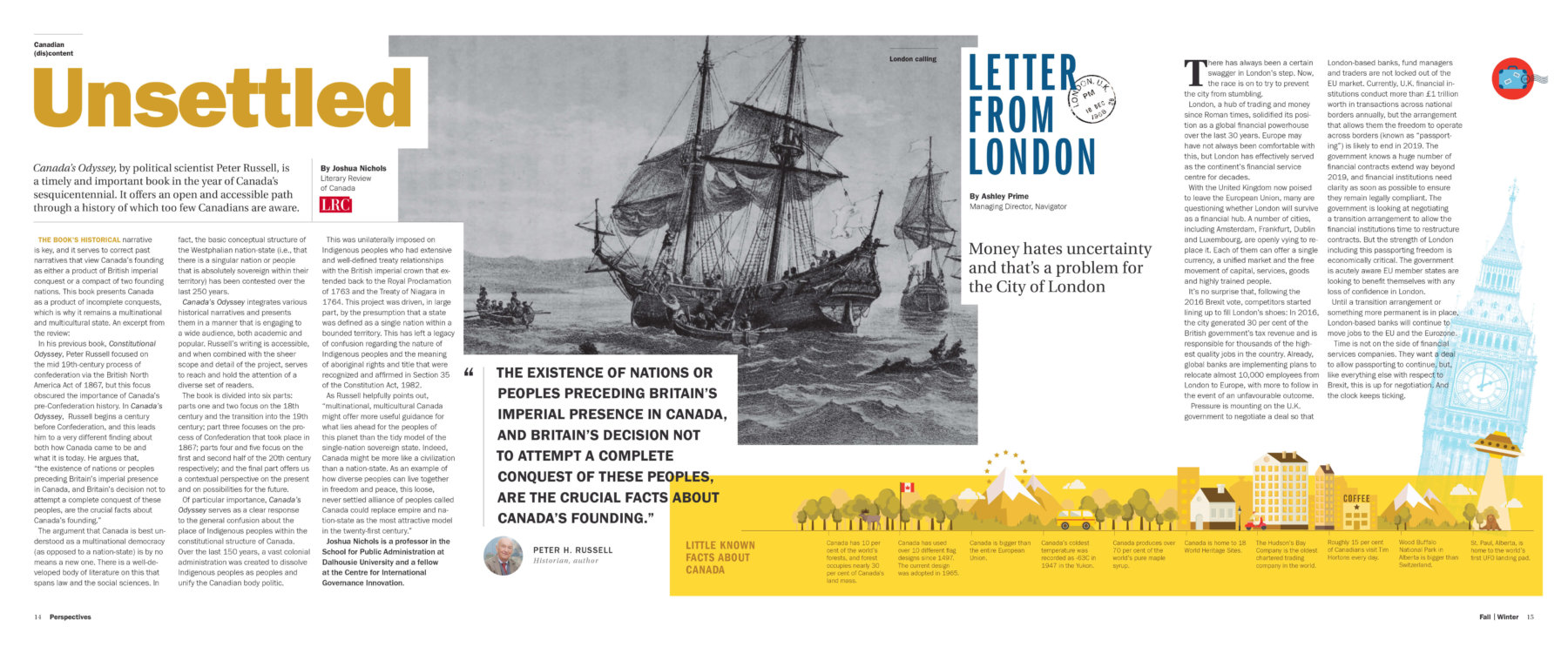- CEOCap
- Jaime Watt’s Debut Bestseller ‘What I Wish I Said’
- Media Training
- The Push Back
- Internship program
- Update Your Profile
- Homepage
- It’s time for a change
- It’s time for a change
- Kio
- Ottawa
- Art at Navigator
- Navigator Limited Ontario Accessibility Policy
- Virtual Retreat 2020 Closing Remarks
- COVID-19 Resources
- Offices
- Navigator Sight: COVID-19 Monitor
- Navigator Sight: COVID-19 Monitor – Archive
- Privacy Policy
- Research Privacy Policy
- Canadian Centre for the Purpose of the Corporation
- Chairman’s desk
- ELXN44
- Media
- Perspectives
- Podcasts
- Subscribe
- Crisis
- Reputation
- Government relations
- Public affairs campaigns
- Capital markets
- Discover
- studio
- How we win
- What we believe
- Who we are
- Careers
- Newsroom
- AI
- Empower by Navigator
- Environmental responsibility

Money hates uncertainty and that’s a problem for the City of London
There has always been a certain swagger in London’s step. Now, the race is on to try to prevent the city from stumbling.
London, a hub of trading and money since Roman times, solidified its position as a global financial powerhouse over the last 30 years. Europe may have not always been comfortable with this, but London has effectively served as the continent’s financial service centre for decades.
With the United Kingdom now poised to leave the European Union, many are questioning whether London will survive as a financial hub. A number of cities, including Amsterdam, Frankfurt, Dublin and Luxembourg, are openly vying to replace it. Each of them can offer a single currency, a unified market and the free movement of capital, services, goods and highly trained people.
It’s no surprise that, following the 2016 Brexit vote, competitors started lining up to fill London’s shoes: In 2016, the city generated 30 per cent of the British government’s tax revenue and is responsible for thousands of the highest quality jobs in the country. Already, global banks are implementing plans to relocate almost 10,000 employees from London to Europe, with more to follow in the event of an unfavourable outcome.
Pressure is mounting on the U.K. government to negotiate a deal so that London-based banks, fund managers and traders are not locked out of the EU market. Currently, U.K. financial institutions conduct more than £1 trillion worth in transactions across national borders annually, but the arrangement that allows them the freedom to operate across borders (known as “passporting”) is likely to end in 2019. The government knows a huge number of financial contracts extend way beyond 2019, and financial institutions need clarity as soon as possible to ensure they remain legally compliant. The government is looking at negotiating a transition arrangement to allow the financial institutions time to restructure contracts. But the strength of London including this passporting freedom is economically critical. The government is acutely aware EU member states are looking to benefit themselves with any loss of confidence in London.
Until a transition arrangement or something more permanent is in place, London-based banks will continue to move jobs to the EU and the Eurozone.
Time is not on the side of financial services companies. They want a deal to allow passporting to continue, but, like everything else with respect to Brexit, this is up for negotiation. And the clock keeps ticking.
LITTLE KNOWN FACTS ABOUT CANADA
- Canada has 10 per cent of the world’s forests, and forest occupies nearly 30 per cent of Canada’s land mass.
- Canada has used over 10 different flag designs since 1497. The current design was adopted in 1965.
- Canada is bigger than the entire European Union.
- Canada’s coldest temperature was recorded as -63C in 1947 in the Yukon.
- Canada produces over 70 per cent of the world’s pure maple syrup.
- Canada is home to 18 World Heritage Sites.
- The Hudson’s Bay Company is the oldest chartered trading company in the world.
- Roughly 15 per cent of Canadians visit Tim Hortons every day.
- Wood Buffalo National Park in Alberta is bigger than Switzerland.
- St. Paul, Alberta, is home to the world’s first UFO landing pad.

